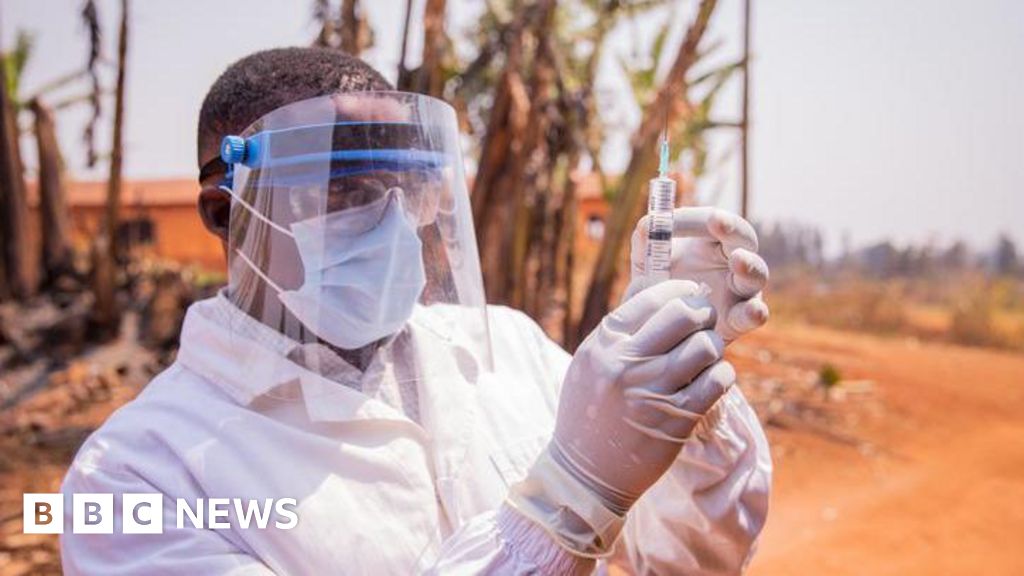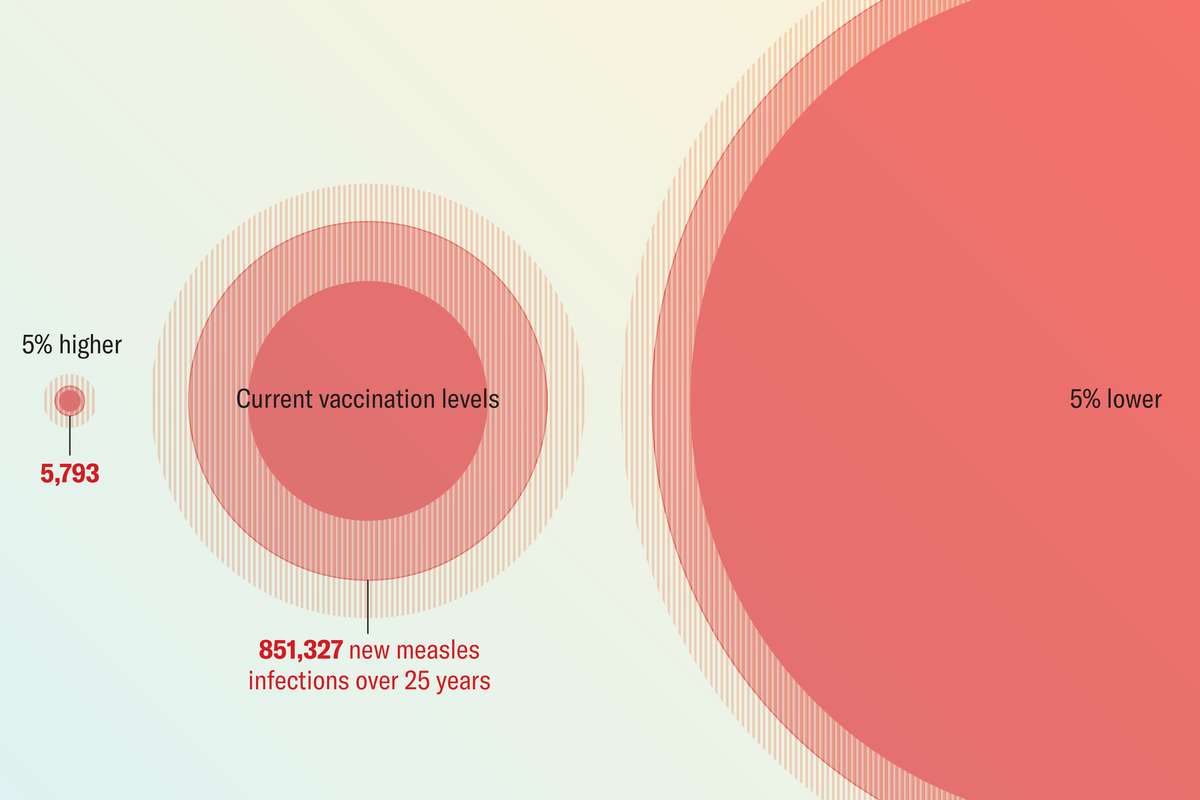#epidemiology
#epidemiology
[ follow ]
#public-health #vaccination #measles #covid-19 #health #misinformation #air-pollution #dementia #autism
fromwww.scientificamerican.com
1 week agoYoung Women Who Never Smoked Are Getting Lung CancerHere's Why
Yeah, definitely. So in general lung cancer is the number-one cancer [killing]people in the U.S., both men and women. If you look at the American Cancer Society, around 226 new226,000 new cases of lung cancer are projected to be diagnosed in 2025. Of those about 50 percent are cancer-related deaths, meaning [roughly] 120,000 people die every year from lung cancer. Now, what'sthe good news is that the incidence has actually been decreasing in the last few years.
Public health
fromHarvard Gazette
2 weeks agoCancer is rising among younger people - why? - Harvard Gazette
Contrary to overall cancer trends, there's been an increase in certain cancer diagnoses in people under 50. From 2010 through 2019, the incidence of 14 cancer types increased among people in this demographic. The big question is, why? Does it have to do with lifestyle choices? Are there environmental factors at play? What can be done to mitigate risk? Welcome to "Harvard Thinking," a podcast where the life of the mind meets everyday life.
Public health
Medicine
fromwww.theguardian.com
3 weeks agoEveryone wants answers for former rugby players like Lewis Moody but they are hard to come by | Andy Bull
Evidence suggests a correlation between traumatic brain injuries and Motor Neurone Disease, but causation remains unproven amid multiple genetic and environmental risk factors.
fromwww.theguardian.com
4 weeks agoColon cancer is on the rise among young people and research points to one major culprit | Devi Sridhar
The increase is real and global, rising from approximately 94,700 cases in 1990 to 225,736 in 2019. A study across Europe found that for those aged 20-29, incidence rose 7.9% per year between 2004 and 2016, with the rates increasing by 4.9% in those aged 3039, and 1.6% in the 40-49 group in roughly the same period. Not only is colon cancer increasing in every age cohort under 50, the growth rate is highest in the youngest group.
Public health
fromwww.nature.com
1 month agoSpouses Tend to Share Psychiatric Disorders, Massive Study Finds
People with a psychiatric disorder are more likely to marry someone who has the same condition than to partner with someone who doesn't, according to a massive study suggesting that the pattern persists across cultures and generations. Researchers had previously noted this trend in Nordic countries, but the phenomenon has seldom been investigated outside Europe. The latest study, published in Nature Human Behaviour today, used data from more than 14.8 million people in Taiwan, Denmark and Sweden.
Mental health
fromNature
3 months agoThe spatiotemporal distribution of human pathogens in ancient Eurasia - Nature
Pathogens have been a constant threat to human health throughout our evolutionary history. Infectious diseases are estimated to have been responsible for more than half of all children deaths before age 15.
Public health
fromPsychology Today
5 months agoDenial of Airborne Infection: A Review
A Devastating Error. In answer to that question, Zimmer reminds us of a now-infamous tweet the World Health Organization sent out on March 28, 2020... "FACT: #COVID19 is NOT airborne." This misinformation perpetuated misunderstanding about transmission.
Public health
fromNews Center
6 months agoFeinberg Faculty Inducted to Prestigious Honor Societies - News Center
When I was first starting out as a new research fellow in the field of mineral metabolism, I read many seminal papers that were published in the Journal of Clinical Investigation, which is the leading journal of the American Society of Investigation.
OMG science
Mental health
fromtime.com
6 months agoGun Injuries of All Kinds Go Up During Hunting Season
Hunting season significantly increases firearm incidents, including suicides and domestic violence, beyond hunting-related injuries.
Research shows substantial public health risks associated with seasonal hunting activities.
[ Load more ]














